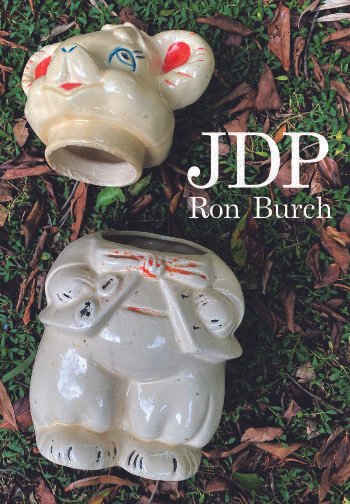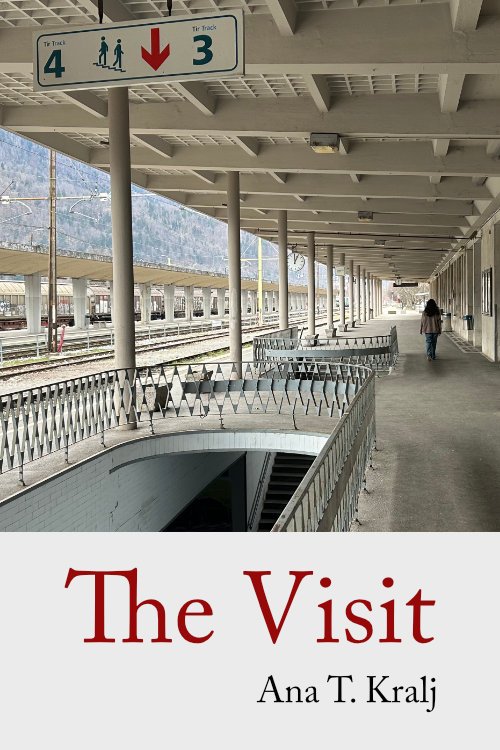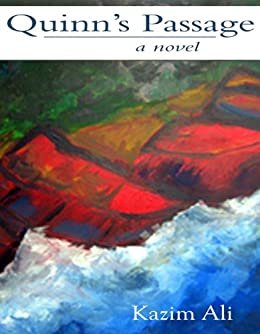 Image 1 of 1
Image 1 of 1


On The Bus: Selected Stories by Dennis Barone
Dennis Barone often mixes history, politics, religion and poetic story-telling into a heady mix in which all are transformed. Barone has proven himself one of the more interesting – and adventuresome – of American fiction writers. —Douglas Messerli
Dennis Barone often mixes history, politics, religion and poetic story-telling into a heady mix in which all are transformed. Barone has proven himself one of the more interesting – and adventuresome – of American fiction writers. —Douglas Messerli
I love this book! Dennis Barone is a genius. The verbal, rhetorical, gestural, imaginative resources he orchestrates––or is it choreo-graphs?––or is it paints?––in On The Bus: Selected Stories, exhilarate at every turn, and the turns (riffs, digressions, conflations, elaborations, subtractions, puns, and so on), tumble forth pell-mell, helter-skelter, topsy-turvy. “Much Madness is divinest Sense––“ became my constant comment reading these linguistically rich, emotionally wide-ranging and truly varying stories. Dickinson qualifies her madness definition with “To a discerning Eye––“. Don’t fret if you’ve not got one––in the convention of all breakthrough texts, Barone’s prose instructs on the fly. “Her whims, we said in those days, are our whereabouts” – and this, “He doesn’t so much wear the turtlenecks as stuffs them with the being that he calls himself”: just two of Barone’s ten thousand sentences of pure aesthetic pleasure. The Madness here is not to be missed––it’s a celebration of language quo language married to the texture of existence.
—Gray Jacobik
Dennis Barone often mixes history, politics, religion and poetic story-telling into a heady mix in which all are transformed. Barone has proven himself one of the more interesting – and adventuresome – of American fiction writers.
—Douglas Messerli
Dennis Barone is the author or editor of twenty-two books including America / Trattabili (a study of Italian-American narrative, Bordighera Press, 2011), Parallel Lines (selected poems, Shearsman Books, 2011), and Connecticut Poetry: From the American Revolution to the Present (an anthology, Wesleyan University Press, 2012).
“Writing is a problem solving activity, an experiment with pen and paper. I often set parameters for investigation and then see where the work goes. I write in longhand first, in notebooks. One can fudge rules and write large or small, but one can’t add pages to the notebook. Sometimes after I establish the rules, I add one additional parameter – or challenge. I write the end, the last paragraph, for example, so that I have not only the single notebook to fill and the other guidelines, but I must end at the number of sentences in that last paragraph. I do like numbers, too – to play with them. Some pieces may break the form and add up to thirty or any total number. (Each number tells a story.) In the one the emphasis may be on an evocation of mood, atmosphere, or theme through image, repetition, sound, and pattern. Major influences have been the Fractured Fairy Tales featured on the Rocky and Bullwinkle Show (hence the breaking of rules) and the prose of Ralph Waldo Emerson (hence the poetic impulse).”
Book Information:
· Paperback: 204 pages
· Binding: Perfect-Bound
· Publisher: BlazeVOX [books]
· ISBN: 978-1-60964-087-3




